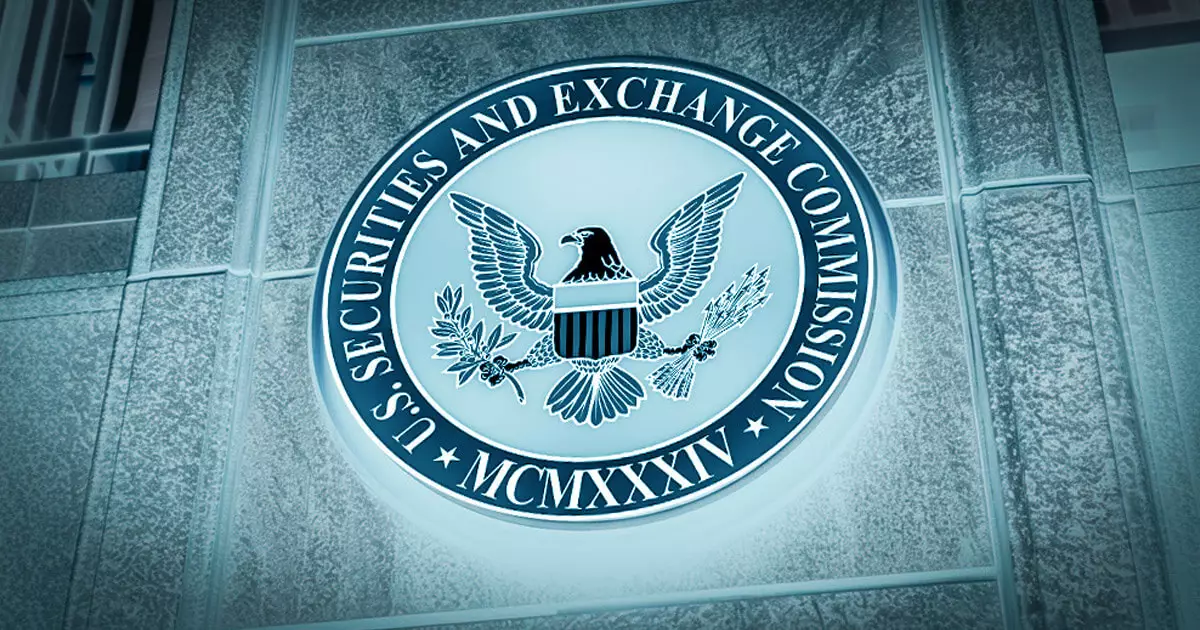On September 27, the U.S. Securities and Exchange Commission (SEC) reached a settlement with the decentralized autonomous organization (DAO) known as Mango Markets and the Blockworks Foundation. This settlement arises amid a broader push by regulatory authorities to assert jurisdiction over decentralized finance (DeFi) entities worldwide. The accusations stem from a significant incident in 2022, wherein Mango Markets suffered a staggering $100 million exploit, which contributed to the platform facing intense scrutiny from regulatory bodies.
The SEC’s allegations against Mango DAO and the Blockworks Foundation centered around the sale of unregistered securities. Following this settlement, both parties have agreed to pay $700,000 in civil penalties. They also committed to significant actions such as the destruction of their MNGO tokens and a request for the delisting of these tokens from crypto exchanges. Moreover, they pledged to cease all promotional activities regarding these tokens moving forward. Importantly, the settlement does not compel either party to admit or deny the SEC’s accusations and is pending court approval.
The settlement process has witnessed active participation from the Mango DAO community. Notably, a vote conducted in August led to the decision to engage in settlement negotiations with the SEC. This reflects an evolving dynamic within the crypto community where stakeholders exercise their governance rights in all matters, including regulatory engagements. Additionally, just one month after the SEC settlement, Mango Markets approached the Commodity Futures Trading Commission (CFTC) with a proposed $500,000 settlement, indicating a parallel administrative strategy aimed at resolving multiple regulatory inquiries.
This dual engagement signifies not only the DAO’s desire to rectify past actions and navigate compliance landscapes but also highlights the necessity for a careful re-evaluation of governance frameworks within such organizations. It indicates a trend towards complying with existing regulations while trying to maintain functional operations within the crypto space.
The surrounding allegations reveal that Mango DAO and the Blockworks Foundation raised over $70 million in governance token sales, directly implicating them in potential violations of the Securities Act of 1933. For instance, the SEC indicated that Mango Labs operated as an unregistered broker, which further complicates the legal characterizations surrounding decentralized operations. The regulator’s statement denoting that “the label ‘DAO’ does not exempt any entity from securities laws” is particularly indicative of a changing legal landscape where decentralized platforms must adapt to conventional financial regulations.
This case is emblematic of the SEC’s ongoing commitment to enforce regulatory frameworks in the rapidly evolving realm of digital assets. As enforcement actions proliferate, it becomes increasingly clear that decentralized platforms cannot assume immunity from historical legal interpretations simply due to their technological innovations.
The Mango Markets case serves as a striking reminder of the importance of compliance in the realm of cryptocurrency. While the desire for decentralized systems often encourages a belief in exemption from standard financial regulations, the reality is evolving. As the SEC continues to scrutinize the dynamics of Digital Finance, entities operating within this space must recognize the complexity and responsibility that accompany their innovations. The implications of this settlement will reverberate throughout the industry, setting a precedent that could shape the future of decentralized finance and its regulatory landscape.



Leave a Reply